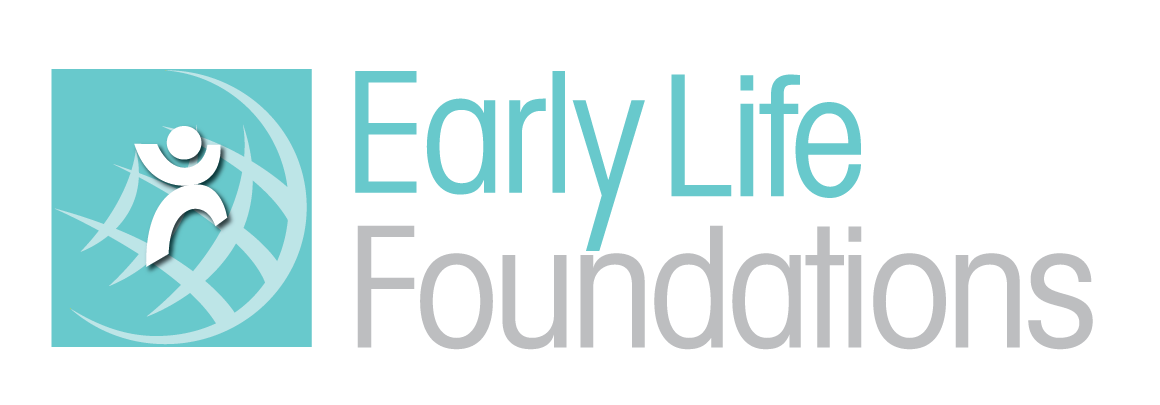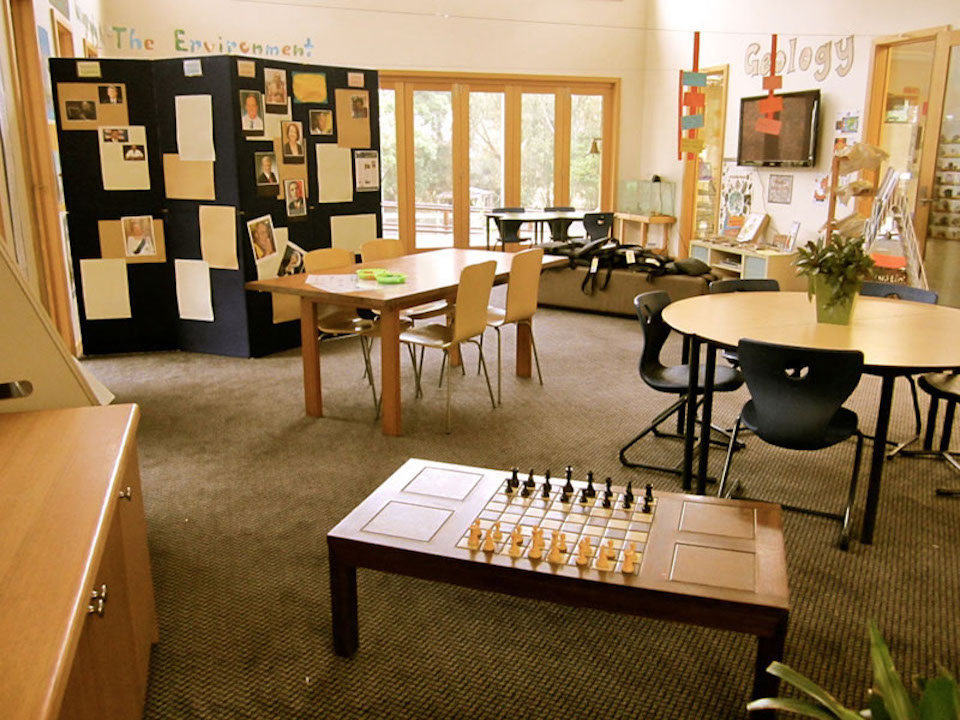It may include:
- Incursions
- Excursions
- Video clips
- Texts
- Activities and experiences
- Clinic groups
- Presentations and workshops by teachers, professionals and community members
- Whole class and small group instruction
- Integrated instruction, linking the subject focus to other curriculum areas (e.g. numeracy, literacy, arts)
The goal for successful immersion is to ensure that learning intentions are unpacked and content is covered and explored in an engaging way.
When Does Immersion Occur?
Immersion occurs throughout the entire term and will vary in time and content depending on the subject focus, the stage of ERP, the needs of the children and the sequence of teaching. It generally commences in the second week of term, once the student’s interests have been identified and the subject focus and learning intentions have been shared.
Importantly immersion does not just occur in the first few weeks of term; immersion must run in parallel and be connected with everything else that takes place during the ERP. In some weeks immersion may be more prominent in the ERP sessions while at other times immersion may be a minor part of the ERP sessions, with some time also dedicated to working on ERP’s, clinic groups or whole group work on the proposal form.
Planning Immersion
Teachers plan their immersion in the same way that they would plan for any project-based learning. The starting point is the key learning intentions that the teaching team has developed prior to the start of term (from the broad subject focus descriptor). These key-learning intentions should provide a simple summary of the main concepts, knowledge and understandings the children will learn about over the course of the term.
A successful immersion is one that provides an engaging opportunity for the children to explore these main intentions through planned activities and experiences. Importantly, successful immersion ensures that key concepts, understandings and knowledge of the subject focus are covered along side the individual intention/s that a student chooses to link with their interest.
Dealing with So Many Outcomes
The starting point is to read the Australian Curriculum carefully. The teaching team chooses the subject focus and engages in discussion to determine the key concepts, understandings and knowledge that will be covered during the term. It is not necessary to teach to every single outcome and every single suggested example that is listed under each subject focus. The old common sense test and teacher judgment will provide important input in this process.
Teachers need to consider the age and context of the children and the main concepts and skills they want them to develop an understanding of. Then they consider what types of immersion will be relevant, engaging, achievable and understandable within an average 10 week term. Remember the children are not undertaking a PhD!
Linking ERP Immersion to Assessment
There are several recommendations in our book Engagement Matters including a rubric as a way of assessing and tracking the effort and understandings of each student.
Assessment is meant to be about the student’s ability to articulate and demonstrate what they have learned about the subject focus and in particular the one or two major learning intentions that they focused on in their own ERP.
Assessment therefore usually will have two elements:
- one that assesses their ERP (detailed in Engagement Matters) and
- the other that assesses the student’s overall learning including some of the concepts and skills covered during immersion.
Think About These Issues
Research: When students are researching they should be not browsing the Internet for ages looking up information about their own interest. They may however need to research something that would help them demonstrate how their interest links to their learning intention. It is important that students can articulate exactly what they need to find out before sitting at the computer. Teachers will need to support students to find information from a variety of sources, (e.g. interviewing someone they know, going to the library, sending an email, reading newspapers etc.) We recommend that students will hardly ever need to use a computer.
Time: If you timetable 3 to 4 hours a week for ERP’s, you will have enough time for the students to be immersed in a range of rich learning experiences to help them gain a greater understanding of the subject focus and to work on their own ERP linking their interest to one or two of the learning intentions. An expo at the end of each term provides an opportunity for the children to share their learning with parents and others in the school community
It’s about the learning intention, not the interest: Remember finally, at the expo, students display their learning, their artifact and talk about their learning. We should never hear a student say, “I did my ERP on surfing”! Rather we might hear them say, “I linked my interest in surfing to economics and the learning intention was about budgeting and saving.”
There is only one question: How does my interest link to the learning intention and the subject focus?


